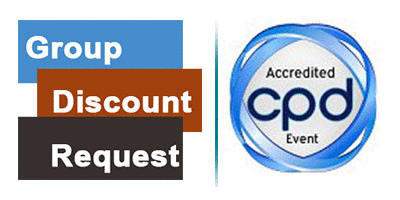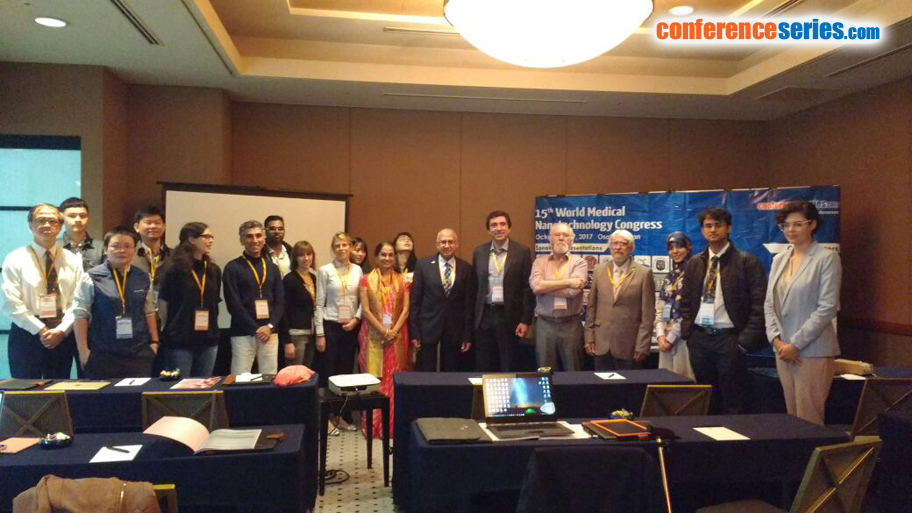
Keka Sarkar
Universiy of Kalyani, India
Title: Curcumin nano-formulation as potential nano-medicinal approach for effective cancer therapy
Biography
Biography: Keka Sarkar
Abstract
Curcumin, a low molecular weight natural polyphenol found in the plant Curcuma longa (turmeric), is well known for showing anti-oxidant and anti-inflammatory activities and might be potential candidate for the prevention and/or treatment of cancer and other chronic diseases. Though, being highly pleiotropic molecules with an excellent safety profile targeting multiple diseases with strong evidence on the molecular level, curcumin could not achieve its optimum therapeutics outcome in past clinical trials, largely due to its poor bioavailability. Hence, encouraging progress in the field of nano-scale drug delivery system has been employed to improve the delivery approach for curcumin. Biodegradable polymer based nanoparticles (NPs) were formulated with a view to improve its bioavailability. Curcumin loaded chitosan NPs (CSCur) were prepared by the polyanion-initiated gelation process. The biophysical parameters of the synthesized nanoparticles were determined by means of dynamic laser scattering (DLS), atomic force microscopy (AFM), fourier transform–infrared (FTIR) spectroscopy and scanning electron microscopy (SEM). Further, evaluation of anticancer activity, effect of CSCur NPs on cell growth, cell viability (MTT) assay and apoptotic molecular mechanism studies was carried out with HeLa cell line. The cytotoxicity studies were revealed that the CurCS NPs offer specific toxicity on cancer cells. Our studies achieved successful formulation of CSCur nPs, thus indicating that NPs could be a potential vehicle for curcumin drug delivery and enabling its enhanced absorption and cellular uptake. The main activity of our laboratory deals with design and development of nanoparticles, nano-colloids, drugs and molecular carrier design, cellular imaging and molecular detection applied in the field of life science. Our group develops and characterizes different metallic and polymeric nanoparticles, surface modification of materials at nanometer scale. We have introduced the techniques utilizing nano-materials in the perspective of applied microbiology, molecular detection and personalized medicine, providing well suited therapies for better efficiency and limited side effects. Our research also focuses on understanding the responses of microbial communities to different stresses, with an emphasis on linking community structure to identify the key indicators through data assessment.


